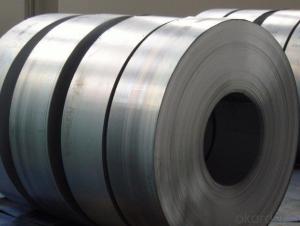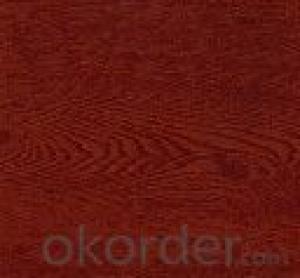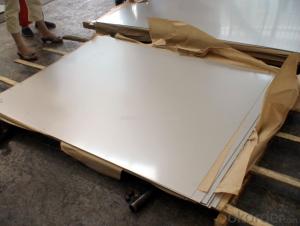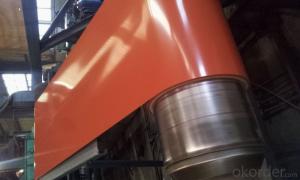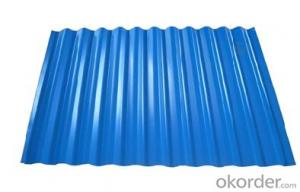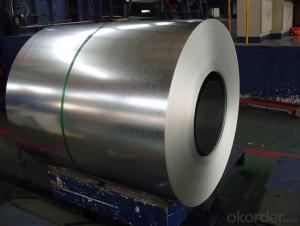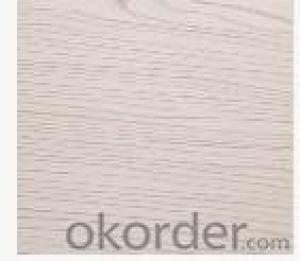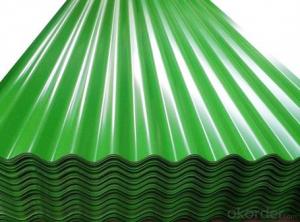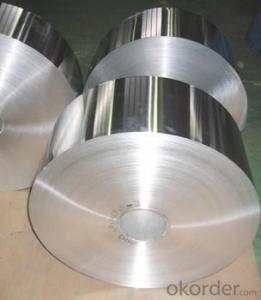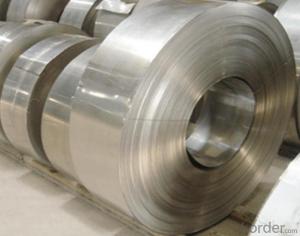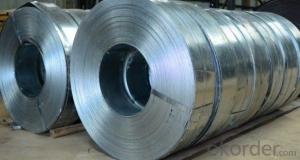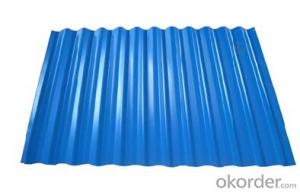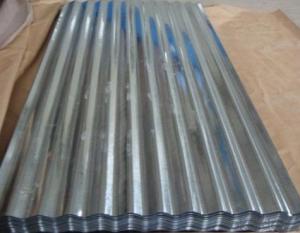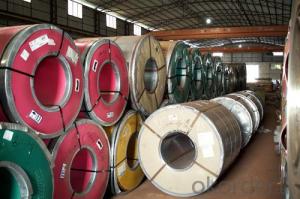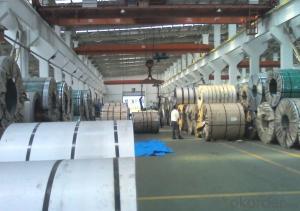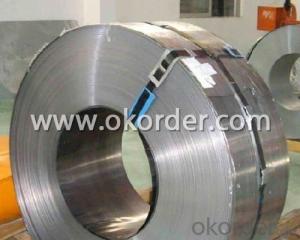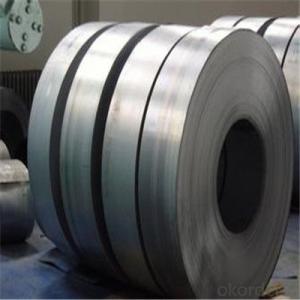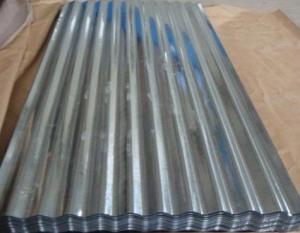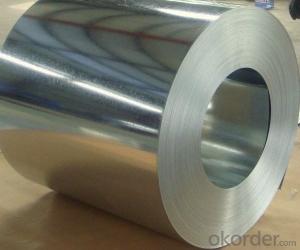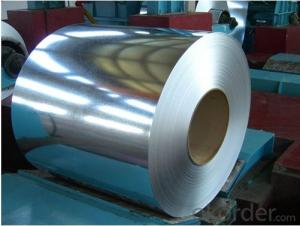All Categories
- - Steel Wire Rod
- - Steel Coils
- - Steel Profiles
- - Steel Pipes
- - Stainless Steel
- - Tinplate
- - Special Steel
- - Steel Sheets
- - Steel Rebars
- - Steel Strips
- - Hot Rolled Steel
- - Cold Rolled Steel
- - Pre-painted Steel
- - Seamless Steel Pipe
- - Welded Steel Pipe
- - Hollow Steel Tubes
- - Galvanized Pipe
- - Stainless Steel Coil
- - Stainless Steel Sheet
- - Stainless Steel Plate
- - Stainless Steel Strips
- - Electrolytic Tinplate Coil
- - Electrolytic Tinplate Sheet
- - Stainless Steel Rebars
- - Solar Panels
- - Solar Water Heater
- - Solar Related Products
- - Solar Inverter
- - Solar Cells
- - Solar Light
- - Solar Energy Systems
- - Solar Controllers
- - Solar Mounting System
- - Solar Pump
- - Solar Chargers
- - Fiberglass Chopped Strand
- - Fiberglass Mesh Cloth
- - Composite Pipes
- - FRP Pultrusion Profiles
- - Fiberglass Mat Tissue
- - Fiberglass Fabrics
- - Fiberglass Mesh
- - Composite Tank
- - Fiberglass Mesh tape
- - Polymer
- - FRP Roofing Panel
- - Fiberglass Roving
- - Monolithic Refractories
- - Ceramic Fiber Products
- - Refractory Bricks
- - Raw Materials For Refractory
- - Suspended Platform
- - Cranes
- - Concrete Machinery
- - Earthmoving Machinery
- - Building Hoist
- - Road Building Machinery
- - Plastic Pipe Fittings
- - Plastic Tubes
- - Plastic Sheets
- - Agricultural Plastic Products
- - Plastic Nets
 All Categories
All Categories
Q & A
How are steel strips used in the production of industrial machinery and equipment?
Steel strips are utilized in the production of industrial machinery and equipment as they serve as a primary material for various components. These strips are often formed, shaped, and welded to create parts such as frames, supports, brackets, and fittings. Their high strength and durability make them suitable for withstanding heavy loads and harsh operating conditions, ensuring the structural integrity and longevity of the machinery. Moreover, steel strips can be further processed to meet specific requirements, including finishing treatments like galvanization or coating, enhancing their resistance to corrosion and wear.
What is the impact of sulfur in steel strips used for specific engineering components?
The presence of sulfur in steel strips used for specific engineering components can have both positive and negative impacts. On the positive side, sulfur can improve machinability, making it easier to shape and process the steel strips. It also enhances the formation of manganese sulfides, which help to improve the strength and toughness of the steel. However, excessive sulfur content can lead to detrimental effects. It can cause hot shortness, making the steel brittle and susceptible to cracking during high-temperature processes. Additionally, sulfur can reduce the weldability and corrosion resistance of the steel strips. Therefore, careful control of sulfur content is crucial to ensure optimal performance and durability of engineering components made from steel strips.
What is the tensile strength of steel strips?
The tensile strength of steel strips can vary depending on factors such as the grade, thickness, and heat treatment. However, on average, steel strips tend to have a tensile strength ranging from 300 to 2,500 megapascals (MPa).
How are steel strips formed into different shapes for specific applications?
Steel strips can be formed into different shapes for specific applications through various manufacturing processes such as hot rolling, cold rolling, bending, stamping, or extrusion. These processes involve applying heat, pressure, or mechanical force to shape the steel strips into the desired form, ensuring they meet the specific requirements of the intended application.
Wholesale Steel Strips from supplier in Egypt
With our strong network and local knowledge, we can ensure timely delivery of Steel Strips to any location in Egypt. Our dedicated sales and support team is always available to assist you with any inquiries or technical issues you may have. We pride ourselves on providing excellent customer service, and we strive to exceed your expectations in every aspect of our business.
In addition to our wide range of Steel Strips products, we also offer value-added services such as customized cutting, bending, and fabrication. This allows us to meet your specific requirements and deliver ready-to-use Steel Strips solutions for your projects in Egypt.
Furthermore, as a subsidiary of CNBM, we have access to a vast global network of suppliers and manufacturers. This enables us to source the highest quality Steel Strips products at competitive prices, ensuring cost-effectiveness for your projects in Egypt.
Choose us as your reliable partner for all your Steel Strips needs in Egypt. Contact us today to discuss your requirements and let us provide you with the best solutions and support.
In addition to our wide range of Steel Strips products, we also offer value-added services such as customized cutting, bending, and fabrication. This allows us to meet your specific requirements and deliver ready-to-use Steel Strips solutions for your projects in Egypt.
Furthermore, as a subsidiary of CNBM, we have access to a vast global network of suppliers and manufacturers. This enables us to source the highest quality Steel Strips products at competitive prices, ensuring cost-effectiveness for your projects in Egypt.
Choose us as your reliable partner for all your Steel Strips needs in Egypt. Contact us today to discuss your requirements and let us provide you with the best solutions and support.
